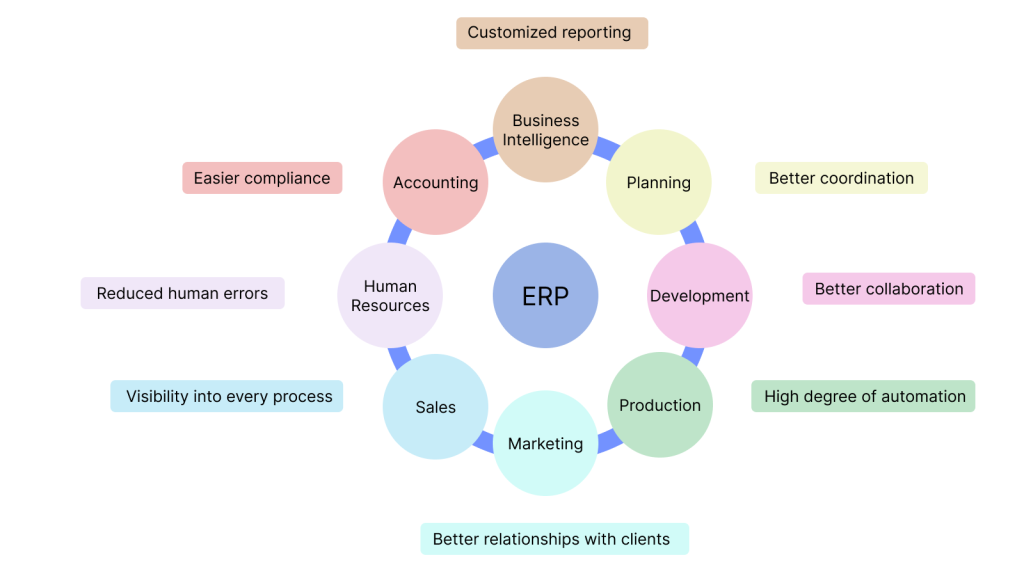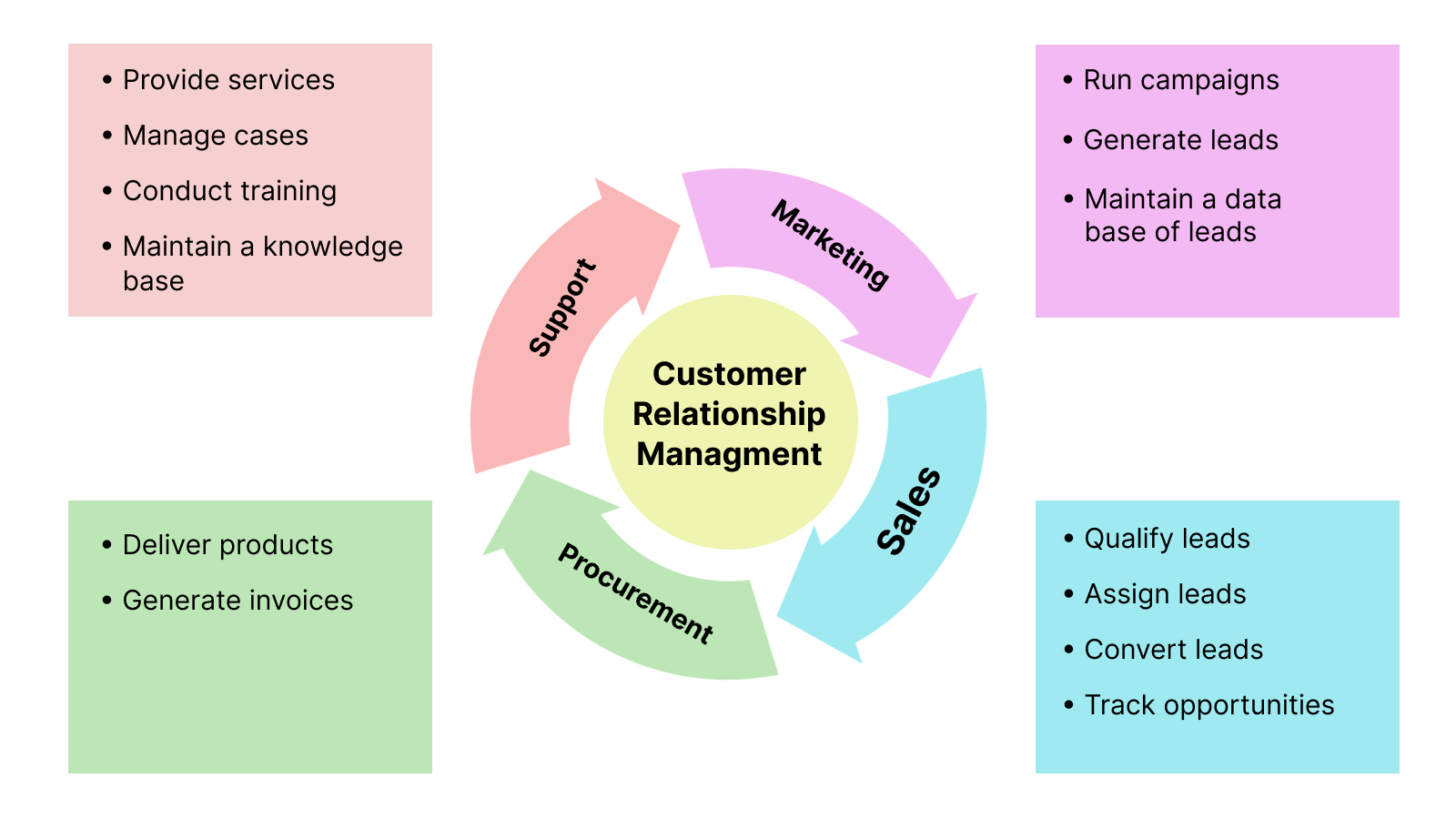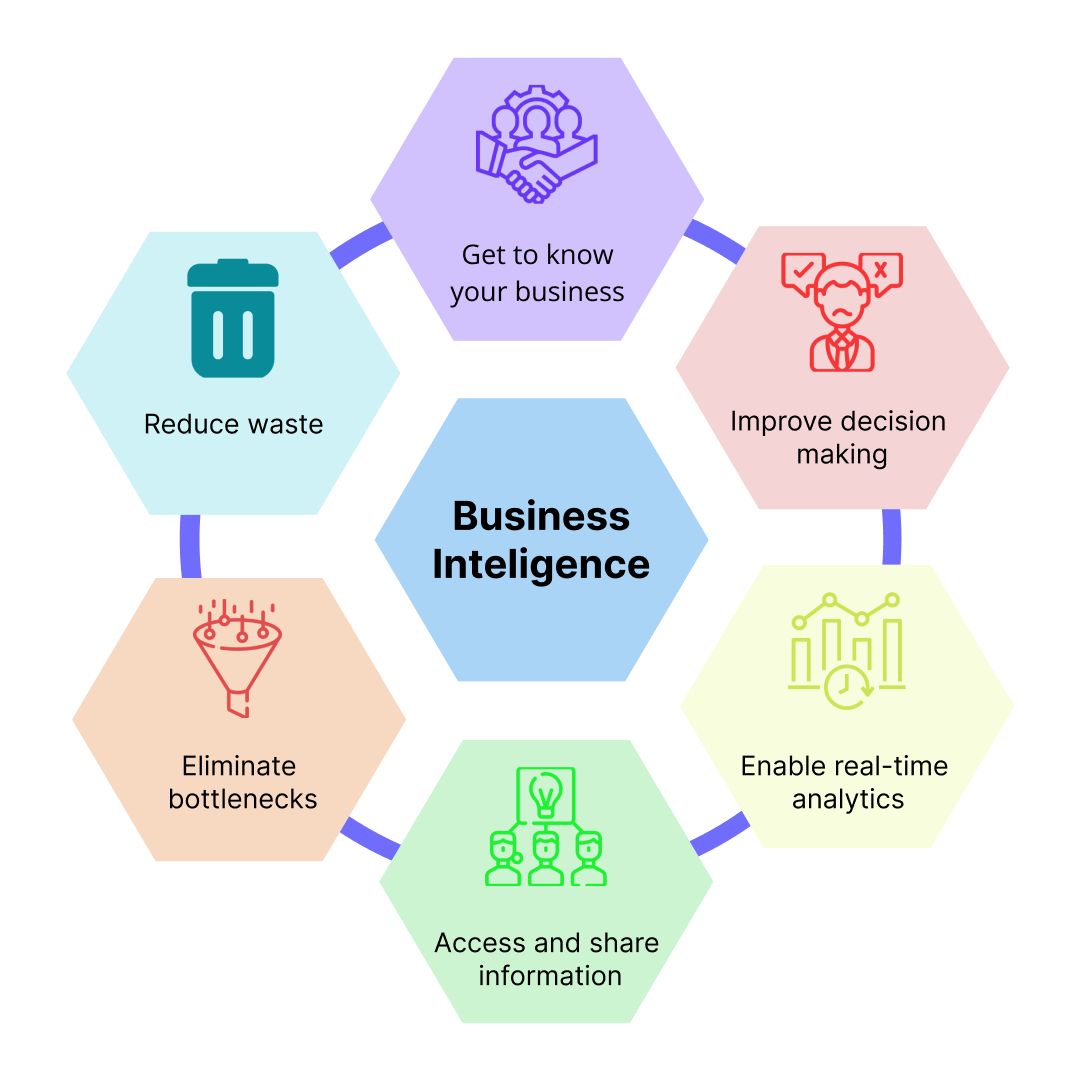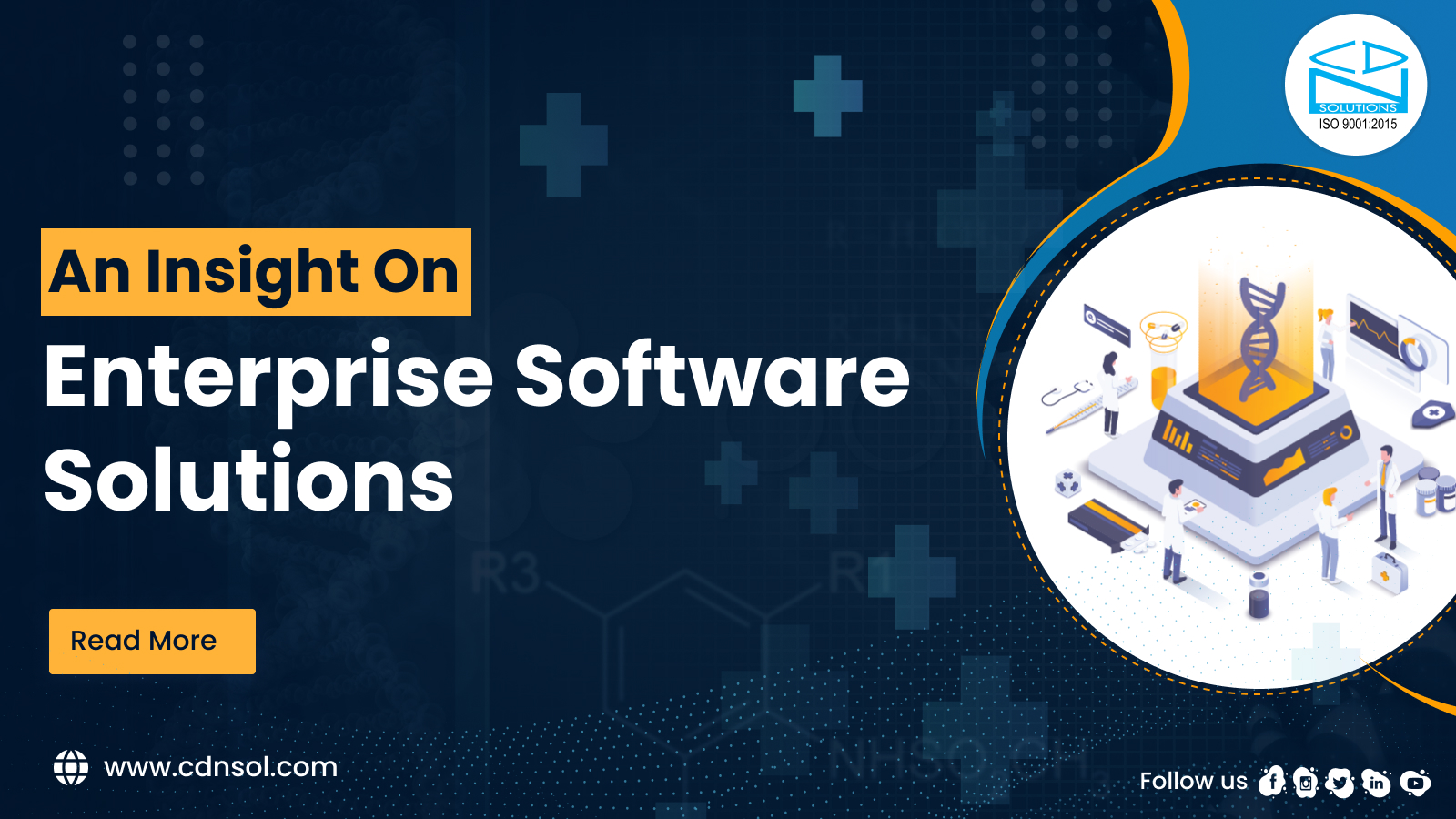At the point when you reach a certain height and size, your business processes become excessively intricate and tedious to be overseen manually. Especially today, when you can automate nearly anything.
The headways in software development are generally a gift for organizations to work flawlessly and bother-free. The business is continually advancing and developing immensely as is the requirement for custom software development inside the enterprise. Indeed, this blog is exposure to what is Enterprise Software Development and different types of big business software that can be an aid for any business to increase sales and enhance productivity.
Table of Contents
What is Enterprise Software?
Each enterprise has interesting business needs and to address these venture needs through software programming, organizations develop software solutions. This product arrangement that deals with the necessities and elements of an organization are known as Enterprise Software Solutions or an Enterprise Software Application.
Generally, when we hear the “enterprise” term in any discussion, it doesn’t imply that the reference is simply too big an organization. It is essentially alluding to the associations with novel business needs and that can be of any size of big business from huge, small-size, and independent company. The just distinctive element here is one-of-a-kind software necessities. Organizations ought to take special care of these necessities through a single robust multifunctional application.
Presently, if this question emerges to you, what advantages does enterprise software offer and ordinary software can’t? Then, the response to this is that enterprise software programming is a one-stop solution for different business challenges that improve business activities and upgrade the reality of business frameworks.
Benefits of Integrating Enterprise Software
There are multiple benefits of integrating EAS in organizations few of them are listed below:
Improved Efficiency
A vital advantage of utilizing enterprise software is an improvement in inefficiency. Dull errands, huge and small, can regularly be automated with legitimate utilization of suitable software.
Expanded Flexibility
Contingent upon the prerequisites of an association’s functional and manufacturing processes, enterprise software can be customized to address exact issues. enterprise software distributors are continually attempting to work on their products, and a high worth has been joined to integrative capacity in the organizational environment.
Exact Predictions
Appropriately used enterprise software can upgrade the exactness and utility of estimates, including supply chains, deals pipelines, spending plans, market patterns, functional prerequisites, and considerably more. Measurably, a more prominent number of information focuses will ordinarily yield better expectations.
Increases in Productivity
As monotonous undertakings that require minimal unique reasoning get automated, your workforce can focus on a greater amount of their experience on higher-request errands. For instance, an outreach group that doesn’t need to invest a lot of energy entering numbers and creating reports could utilize that time meeting with clients and overseeing accounts.
Versatility
Quality enterprise software gives an application the capacity to develop with your business through the expansion of incremental capacity, highlights, and usefulness. This adaptability permits an association’s product biological system and procedure to prosper as the organization grows.
Cost-Efficiency
Once carried out, enterprise software assists companies with getting a good deal on tasks and organization. Proper bundling of data, forestalling production postponements, and speedy dynamic capacity all add to an Expense-productive and cost-efficient software model.
Types of Enterprise Software
Hope you have understood the true meaning of Enterprise Software Solutions, now let’s take look at different types of Enterprise Software Applications:
- Enterprise Resource Planning (ERP)
- Customer Relationships Management (CRM)
- Business Intelligence (BI)
- Supply Chain Management (SCM)
- Human Resources Management (HRM)
- Marketing Automation
- Business Process Management & Automation
Enterprise Resource Planning (ERP)
ERP system is the heart and soul of a cutting-edge enterprise. It makes a unified database that brings down the number of blunders(errors). The data is placed once and can be utilized by all divisions. The framework comprises various modules, each liable for digitalizing an alternate area of your business:
- Business process management;
- Accounting;
- E-commerce;
- Order management;
- Inventory management;
- Customer service;
- Human resources;
- Shipping, etc.

Together, they can smooth out work across the entire association, give a 360° outline of your clients, digitalize business processes, and make them more transparent.
Customer Relationships Management (CRM)
Customer Relationships are the backbone of any business. Except if your sales certainly stand out ranges, they will pass up certain chances to strategically pitch, market new products and services to existing clients, or close the deals. A CRM framework guarantees your organization knows about each client. A contacts list gives a definite outline of your associations with every client.

It helps you to follow how and when you’ve connected with a client (face to face, through telephone, email, and so forth) and guarantees that not a single lead will vanish.
Aside from fundamental CRM features like lead management, invoicing, and task management to executives, the framework presently has:
- Bank ID for secure login and single sign-on;
- Money and bookkeeping framework mixes to help to invoice;
- Custom modules that satisfy the requirements of individual affiliations;
- Email reconciliation for in-application correspondence among administrators and individuals.
- Personalize reports to help administrators deal with their associations;
- Facebook Messenger chatbot for simpler onboarding; and
- Populace and business register reconciliation that gives significant information about organization individuals;
Business Intelligence Software
BI software assists organizations with acquiring significant experiences in light of information that comes from different sources: promotions, sales, production, HR, and so forth.

It utilizes information mining, benchmarking, and high-level measurable calculations to uncover examples and make exact conjectures. To assist top level with identifying trends and examples in complex information, BI frameworks utilize different diagrams, graphs, and tables; all that you want to settle on better choices without a foundation in statistics.
Numerous ventures including construction, HR, healthcare, and IT have made Business Intelligence a standard piece of their toolset.
Supply Chain Management (SCM)
Each organization engaged with manufacturing and production needs to oversee storage, capacity, transportation, and distribution. Normally, these activities are completed by individuals in various offices. But, yes miscommunications in supply chains can bring about huge financial misfortunes and terrible customer support.
Supply Chain Management (SCM) software helps to guarantee a consistent progression of provisions fundamental for constant production and delivery. They can assist you with storing, and overseeing data about sales and materials requesting, providers, acquisition, fabricating, request handling, warehousing, strategies, and distribution as well as work with collaboration between all connections of the inventory network.
Human Resource Management (HRM)
The huge the enterprise, the harder it is to look for good job candidates. There are many routine errands that can be computerized with HRM software like recruiting, payroll management, workforce arrangement, productivity and performance assessment, training, and much more.
That is the reason HR automation is one of the quickest developing business sectors in the IT area (expected to reach $30.01 billion by 2025).
Presently the entire recruitment agencies availing HRM Software App to control staff responsibility and client demand status with following fundamental KPIs.
Marketing Automation
At the point when an enterprise increases its strength in terms of employees, it becomes difficult to physically direct all the marketing exercises. You can’t actually converse with each lead, answer each message, and post reports on Facebook, LinkedIn, or Twitter continuously.
Marketing solutions can assist you with transforming leads into delighted clients.
Section your crowds, build profoundly customized advertising campaigns, computerize communication by means of virtual entertainment, email, and Google advertisements; schedule your posts somewhat early, measure the adequacy of promoting efforts, and save your time for great content and key exercises.
Business Process Management
A business process is a progression of steps performed by the employees to accomplish organizational objectives. They can be anything from offering a pre-owned vehicle to recruiting another candidate.
Business process management (BPM) alludes to a wide scope of strategies and devices used to record, examine, and mechanize the organization’s work processes.
on the off chance that you need extensive automation or have complex work processes with heaps of conditions, you could need something more specific like Business Process Management Software.
Why Enterprise Software Is Essential For Enterprises?
Whether it’s a huge company or a small one, its overall activities will be based on unambiguous modules or frameworks that should be tended to.
Enterprise Software is designed as an adaptable program given the necessity of the business house. It comprises different computer-based business tools, for example, Human Resource Management, CRM (client relationship the board), BI (business knowledge), ERP (Enterprise Resource Planning), etc.
Carrying out Enterprise software on a single centralized network brings about instant communication to an enormous number of individual clients, in this manner expanding workforce effectiveness and venture efficiency.
Enterprise Software should embrace modern-day development procedures and tools to involve expanding automation, creating automated testing and delivery the board techniques, and taking on DevOps and Agile practices.
What Is The Future Of Enterprise Software?
EAS inside organizations is quickly disrupting the idea of ‘work’ across all enterprises and areas by changing the kind of work that should be done. Organizations’ rising utilization of enterprise software solutions, and the fast improvement of those arrangements, are the primary variables in their Digital Transformation.
In actuality, this change as of now has, is, and will accomplish a greater amount of automated positions away. In any case, it would lift people to new positions lined up with human qualities – communications, sympathy, imagination, and decisive reasoning. This on a very basic level changes what people make an impact on an organization, how our economy functions, the idea of employer stability and money, and other monstrous social implications.
What’s Next?
New technological advancements are constraining changes in the corporate work environment. Technology organizations and new companies are continually taking tremendous steps in the headway of automation. To stay pertinent in the digital era, Enterprises should make a move to refresh obsolete processes in the administrative center. While challenging to execute, there are corporate advancement stages like our Enterprise Software Solutions that assist organizations with finding the freshest and most proficient innovation to modernize their administrative center.
To know more about our Enterprise Software Solutions feel free to reach us at:
Web address: CDN Software Solutions
Email: contact@cdnsol.com
It will always be our pleasure to serve you.

